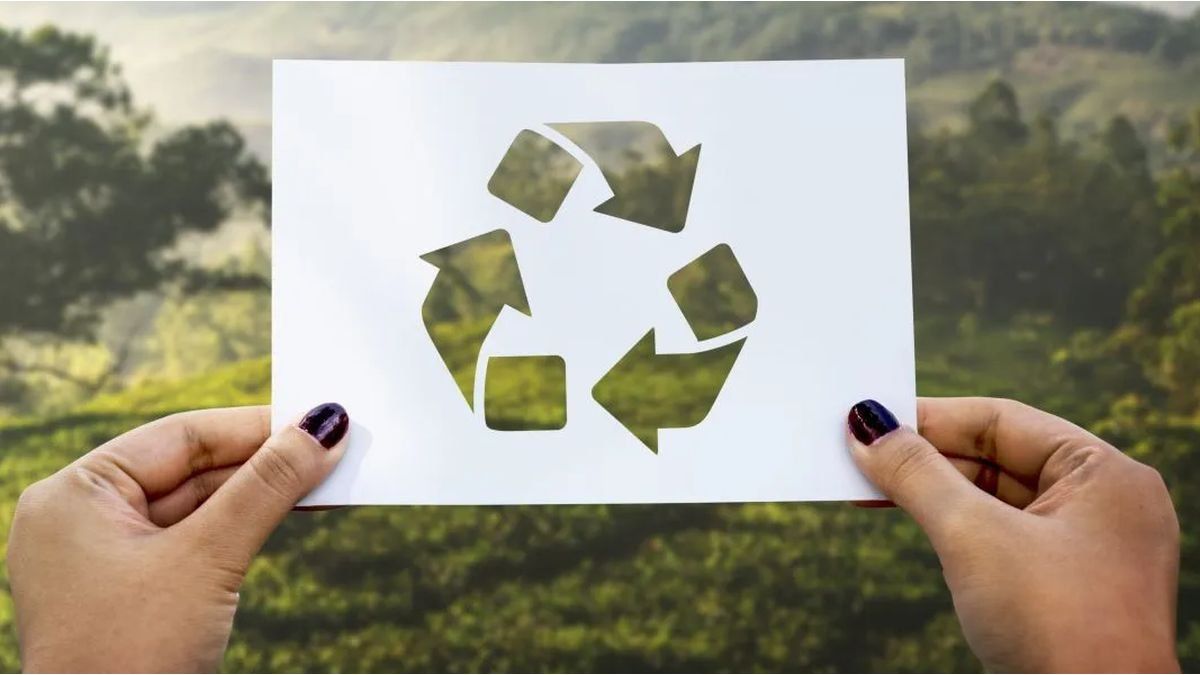To start talking about recycling raw materials and making the circular economy tangible, we must understand that this path is not easy. It requires collaborative efforts between organizations, public-private coordination, investments and programs aimed at recovering recyclables. This comprehensive approach is essential to provide value creation opportunities to many people, including urban reclaimers and recyclers.
There is evidence of growing community participation in this circularity process through different activities linked to recycling, although, sometimes, timidly. These actions allow the cardboard packaging already used to be transformed into cardboard, boxes, thermal and acoustic insulating cellulose, chipboard-type plates or roof sheets. This process represents an enormous challenge, but also great satisfaction, given the achievements that have been achieved in Argentina.
In the field of packaging production, recycling plays a fundamental role in a process that covers the entire value chain. From the use of renewable raw materials, such as cardboard from responsibly managed and FSC® certified forests, to its recycling. This practice promotes sustainability in the food industry by moving from a linear economy model of consumption and disposal to a circular economy, where each resource is valued and used efficiently.
However, recognizing the importance of this work goes beyond the individual action of a company. It involves understanding the importance of working together with a network of government teams, recovery cooperatives, recyclers, entrepreneurs, the academic sector and our clients themselves. Each of these actors must commit to sustainability to exceed current recycling rates, in order to reduce environmental impact and provide increasingly necessary opportunities for inclusion.
Likewise, it is essential that mass consumption companies adopt measures that promote post-consumer recycling, such as supporting packaging collection programs, promoting education on this topic in society and collaborating with waste management systems.
These are all concrete actions that can contribute significantly to creating a more sustainable life cycle for people and the planet. That is why adopting a holistic perspective that covers all stages of the life cycle of a container is essential to promote sustainable practices. An unwavering collective commitment to environmental responsibility is required.
By coming together in collaboration with a network of committed actors we are forging a path towards a future where food processing and packaging is not only synonymous with innovation and efficiency, but also with respect and preservation of the environment for present and future generations.
Sustainability Manager for Tetra Pak® Argentina and Paraguay
Source: Ambito
David William is a talented author who has made a name for himself in the world of writing. He is a professional author who writes on a wide range of topics, from general interest to opinion news. David is currently working as a writer at 24 hours worlds where he brings his unique perspective and in-depth research to his articles, making them both informative and engaging.




